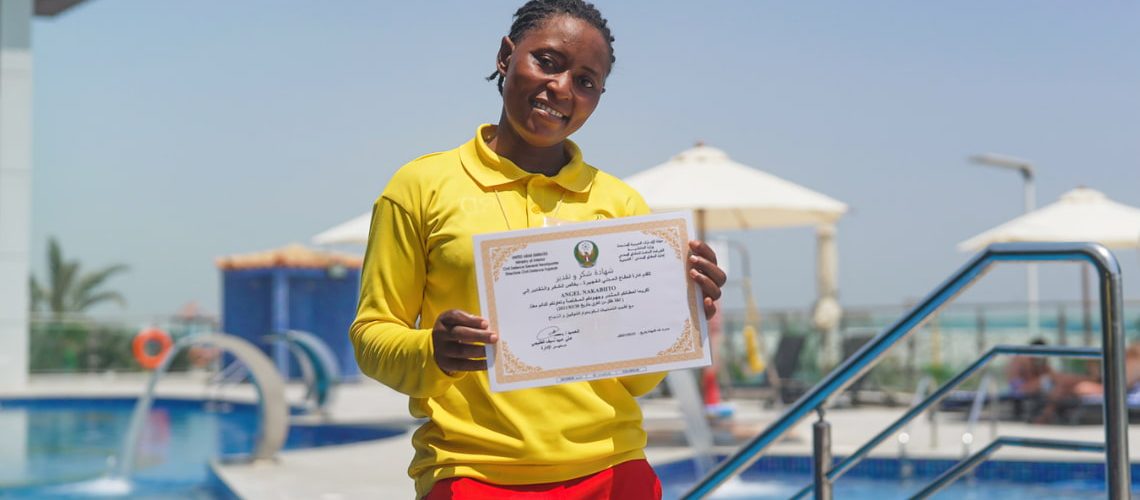We all take for granted our safety in the water. We often hear people mention they are strong swimmers or that their children are strong swimmers. As for children who are too young to swim, most parents keep a watchful eye on their little ones. However, it only takes a few seconds and a few inches of water to cause an accidental drowning.
Lifeguards are trained not only to rescue a swimmer when they are in need but they are also trained to administer CPR or other medical responses in the event of a poolside injury or drowning. In fact, recently, at Mirage Hotel Fujairah, a two-year-old boy was saved from drowning when a professionally trained lifeguard intervened and administered CPR to save his life. Were it not for the onsite lifeguard’s quick response and professional training, the situation could have resulted in a tragedy.
The Reality of Water-Related Injury and Accidental Drowning
According to the World Health Organization (WHO), drowning is the 2nd leading cause of unintentional injury deaths worldwide, accounting for 7% of all injury-related deaths. In fact, “The Global report on drowning (2014) shows that age is one of the major risk factors for drowning, citing the highest drowning rates among children 1-4 years, followed by children 5-9 years.”
Additionally, for every child under 15 who dies from drowning in a pool, another 10 receive emergency care for nonfatal injuries. Nonfatal injuries can cause brain damage that may result in long-term disabilities, including memory problems, learning disabilities, and permanent loss of essential functions.
Water Safety Tips
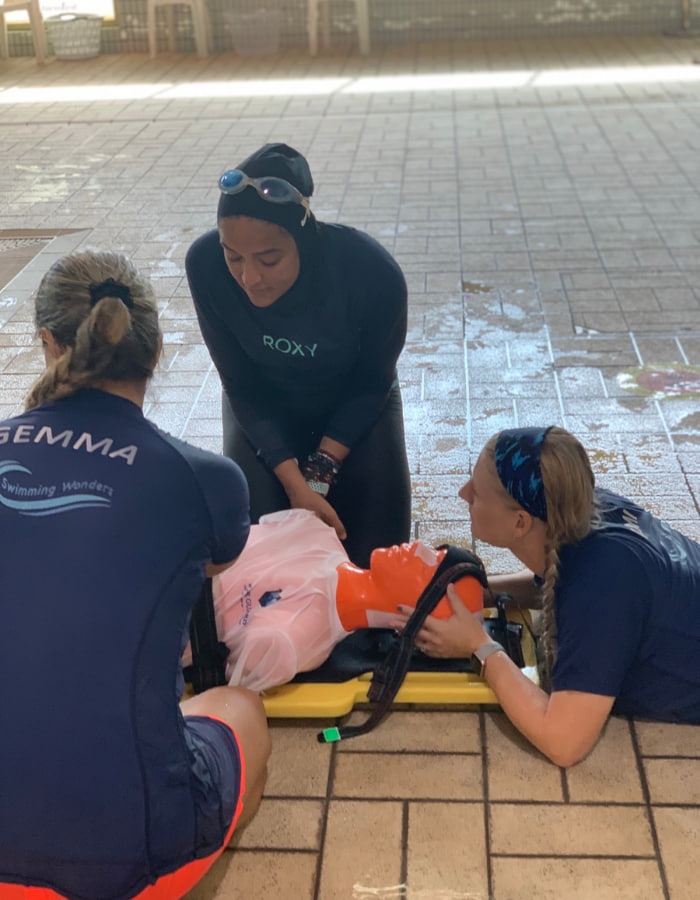
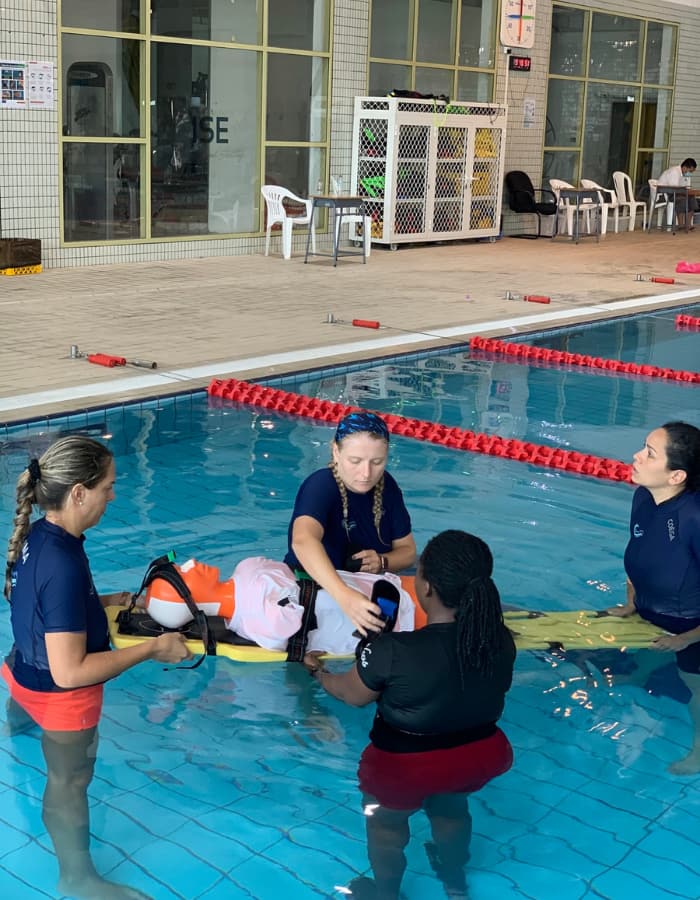
Whether you are swimming in an area under the supervision of a trained lifeguard or swimming in your private pool, it’s essential to practice general water safety tips to keep yourself and your children safe.
- If you own a pool, you should install a four-sided fence that separates the pool from the house and the rest of the yard. Proper fencing includes a self-closing, self-latching gate.
- Always keep your children within arm’s reach. Children, especially children who can’t swim, need constant supervision when they are playing near a pool or a beach. This means not looking at your phone or other distractions while you watch them swim. It’s also important to watch your child, even in shallow water. While most 3-4-year-old children can stand up in shallow water and just get out of a kiddie pool, they could fall and get a lungful of water.
- Any child who cannot swim should wear a well-fitted, approved life jacket. Life jackets, unlike arm wings, are designed to keep a child’s head above water. This includes wearing a life jacket on watercraft, such as a boat.
- Be sure to teach your child the rules of the water:
- No running
- No diving in shallow water
- No roughhousing or fooling around
- No pulling or holding other kids underwater
- No swimming without adult supervision
- It’s also important to teach your children how to swim. Swim lessons are designed to teach participants basic water competency skills, including how to enter the water, surface, turn around, propel or tread water for at least 25 yards, and how to exit the water.
- Adults and older children should also learn CPR. In the event of a life-threatening event, including drowning, CPR can be the difference between life and death while you wait for first responders to arrive.
Certified Lifeguard Training Courses
Certified lifeguard training courses, like those offered by Blue Guard, are designed to provide lifeguards with the essential skills they need to keep their pool and anyone swimming in it, safe from harm. Lifeguard training courses also ensure lifeguards have the life saving skills needed to perform their duties in the event of a water related emergency.
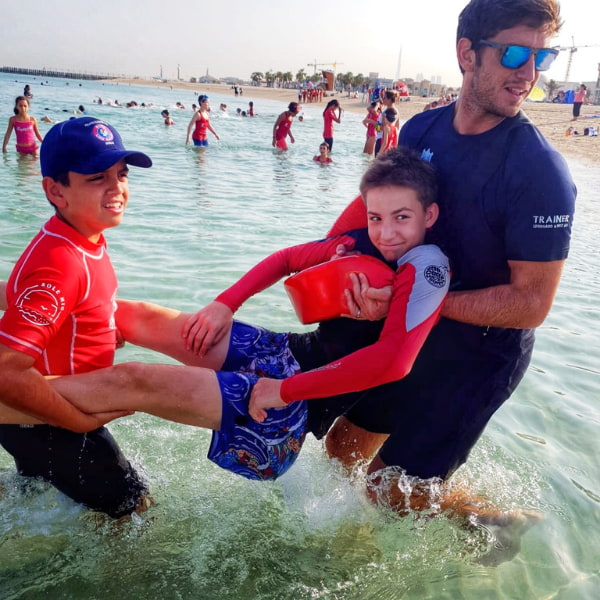
Lifeguard training courses teach participants:
- Practical water rescue skills (such as poolside rescue techniques, in-water rescues, the proper use of oxygen, and how to recognize and treat a spinal injury).
- First Aid and CPR for babies, children, and adults.
- General lifeguard knowledge (such as identifying common pool and water hazards, how to properly scan a body of water, etc.).
Blue Guard Personal Lifeguard Certification and Training
Whether you are seeking a new certification or looking to renew an existing lifeguard certification, we can help. At Blue Guard, our lifeguard certificate and training courses provide participants with the skills they need to prevent water-related risks and injuries across indoor and outdoor swimming pools, hotels, residential and community pools, public beaches, private resorts, and schools.


